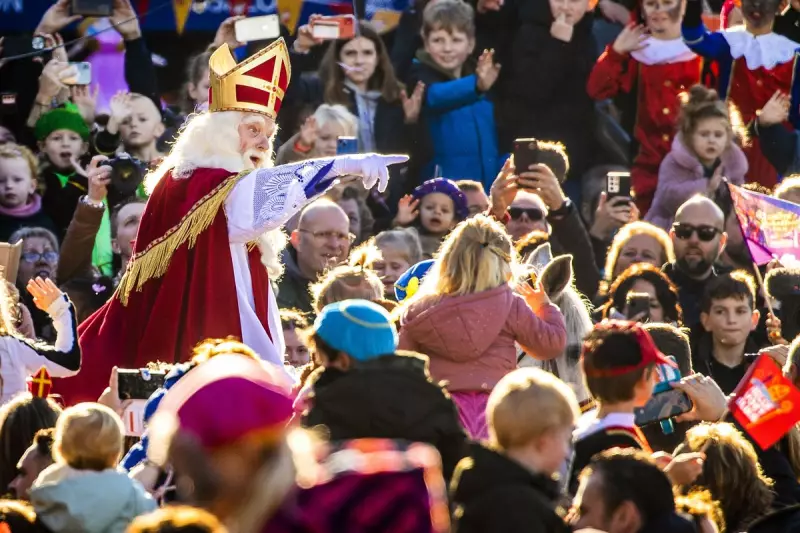
The spectre of cancelled Christmas celebrations now looms over Dutch-American communities as former President Donald Trump's controversial trade policies continue to reverberate through transatlantic relations. Traditional Sinterklaas festivals, cherished cultural events that bring Dutch holiday traditions to American towns, face unprecedented threats from ongoing metal tariffs.
Festive Traditions Under Threat
Organisers of these beloved celebrations are sounding the alarm as costs for essential materials have skyrocketed. The tariffs on aluminium and steel, initially imposed during Trump's presidency and maintained under the current administration, have created a perfect storm for event planners.
"We're facing impossible choices," revealed one festival organiser who wished to remain anonymous. "Between the soaring costs of infrastructure, staging materials, and transportation, we simply can't absorb these additional expenses without compromising the quality and safety of our events."
Rhinebeck's Celebrations Hang in the Balance
The picturesque town of Rhinebeck, known for its vibrant Sinterklaas celebrations that attract visitors from across the region, finds itself at the epicentre of this trade policy fallout. Local businesses that typically benefit from the festive influx now worry about significant economic losses.
Small business owner Maria van Dijk expressed her concerns: "The Sinterklaas festival isn't just about tradition—it's crucial for our winter revenue. If it's cancelled, we'll feel the impact well into the new year."
The Ripple Effect of Trade Policies
The situation highlights how international trade disputes can unexpectedly affect cultural preservation and community celebrations. What began as a political decision about metal imports now threatens to extinguish generations-old traditions that have become integral to Dutch-American cultural identity.
Community leaders are exploring alternative funding sources and lobbying for exemptions, but time is running short. With planning for the December festivities typically beginning in early autumn, organisers face difficult decisions in the coming weeks.
As one long-time attendee lamented, "It's heartbreaking to think our children might not experience the magic of Sinterklaas because of policies that have nothing to do with Christmas celebrations. These traditions connect us to our heritage and bring joy to entire communities."





